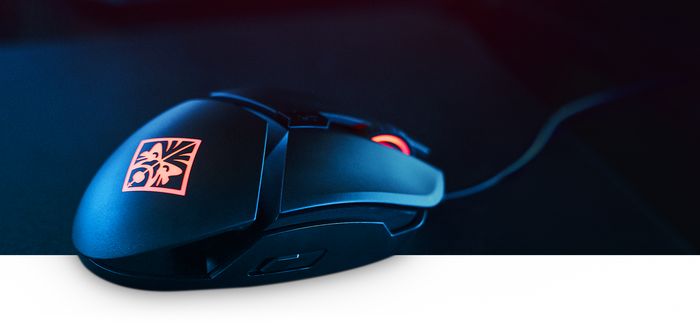 Credit: HP
Credit: HP
Looking to buy a new mouse and unsure whether you should choose an optical or laser mouse? Here’s a quick explainer to help you decide.
[Related: Best gaming mouse: Razer vs Zowie vs Logitech vs HyperX]
Remind me how computer mice work?
So - at the most basic level - most computer mice work by reflecting light onto a sensor. Both optical and laser mice shoot light at a surface and then measure the reflection using a sensor. When they detect movement, the sensor picks up data, it gets converted and then into movement for the cursor on your screen.
This all happens really fast - thousands of times a second - so that when you move your mouse, there’s not really much of a perceptible of a delay between the cursor moving on-screen and your mouse being moved physically.
What’s the difference between optical and laser mice?
The short version: the difference between optical and laser mice comes down to the type of sensor used. An optical mouse usually relies on an infrared LED, laser mice rely on a laser.
 Credit: HyperX
Credit: HyperX What does that actually mean for most users? Well, for one optical mice are not as well suited for glossy surfaces (or glass) as a laser mouse would be. However, on the other hand, some laser mice have a tendency to pick up too much information, which can result in inaccurate data which can affect their reliability during some situations.
The general rule of thumb here is that a laser mouse is going to have about a five times larger discrepancy in tracking between high and low speeds than an optical mouse would.
Which is better for gaming?
In earlier generations, there was more of a difference between the level of DPI and polling rates available for optical and laser mice. These days, high-end specs are available across both sub-categories - making them equally viable for gaming.
That said, assuming your desktop setup doesn’t invite too much excess data, we’d still recommend going for a laser mouse over an optical one. Optical mice work best on non-glossy surfaces and mouse pads, a laser mouse can function well on just about any glossy or non-glossy surface.
Most of the time, the easiest solution is the best one. Unless you’ve got more specific requirements or demands, you’re usually best served by opting for the kind of mouse that best suits the environment you want to use it in.
 Credit: Razer
Credit: Razer 
















